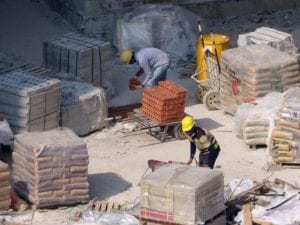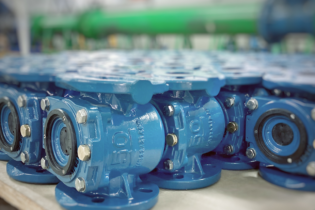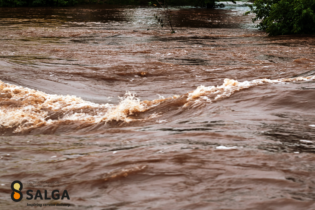
Construction site
According to Xanthea Limberg, the City’s Mayoral Committee Member for Informal Settlements; Water and Waste; and Energy, the City of Cape Town has for many years made provision for the supply of treated effluent to offset the use of potable water in the city.
“This is especially important in the construction industry where the use of large quantities of water is unavoidable,” she says.
Financial benefits
Limberg adds that it makes financial sense for construction companies to use treated effluent on site because at R5.30 (including VAT) per kilolitre it is much cheaper than using potable water.
“More importantly, using treated effluent will make it easier for the construction industry to meet the Level 5 water reduction targets as well as help to conserve the City’s potable water supply,” she notes.
The City’s Water By-laws prohibit the use of drinking water for non-structural work such as dust control. Potable water must, however, be used for mixing cement as using lower quality water can adversely affect the structural integrity of concrete.
Applications required for potable water on site
“All developers are required to submit an application for the use of potable water on site prior to starting construction, but they can also apply to the City for the use treated effluent water.
“The City already supplies treated effluent water to schools, golf courses, parks, sports facilities, car- and window-washing companies, painting companies, and sewer cleaning companies, among others,” explains Limberg.
Construction-related activities where treated effluent can be used include sub-base material for reinstating asphalt as per City specification, construction of road sub-base layers not sensitive to water quality requirement, all construction site dust control, washing off of retarder from concrete, terrace works compaction, earthworks compaction, trench backfilling, cleaning of construction equipment and spraying on compacted surfaces.







